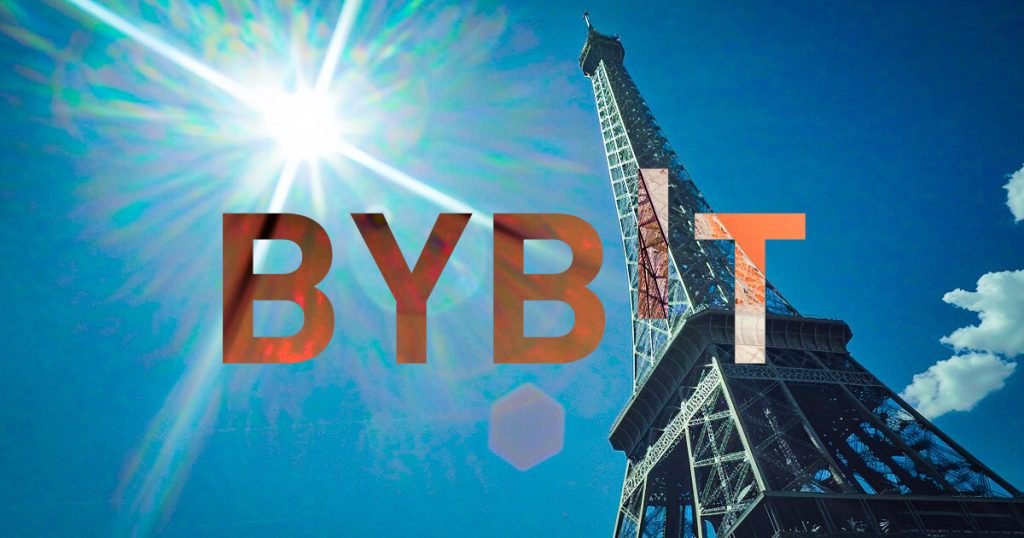Bybit’s Decision to Close NFT Marketplace: A Sign of the Times in the Digital Collectibles Space
Bybit, a global cryptocurrency exchange, has recently announced its plans to shut down its NFT Marketplace, Inscription Marketplace, and Initial DEX Offering (IDO) product pages. This decision aims to “streamline offerings and enhance user experience.” The closure is set to take effect on April 8 at 16:00 UTC, marking a significant shift for the exchange and highlighting the current state of the NFT market. As demand for digital collectibles continues to wane, Bybit’s exit signifies the end of a chapter for a sector that once generated considerable excitement but is now grappling with declining trading volumes and user activity.
The NFT market has been experiencing significant challenges over the past two years, leading to a broader trend of declining institutional interest. High-profile platforms such as Kraken and LG Electronics have also felt the impact, with Kraken shutting down its NFT marketplace and LG discontinuing its NFT platform, LG Art Lab, after three years of operations. This collective retreat from the NFT space underscores the mounting difficulties that companies face as they navigate a market that has dramatically shifted since its peak in 2021.
Data from blockchain analytics firm DappRadar paints a stark picture, showing that trading volumes for top NFT collections have dropped by more than 95% since hitting their all-time highs. Additionally, the number of active wallets involved in NFT trades has plummeted from over 500,000 to fewer than 20,000. This decline in participation has prompted a reevaluation of NFT market operations, leaving many in the industry questioning the future viability of such platforms. In the first quarter of 2025, total NFT sales fell to $1.5 billion, a staggering 63% decrease from $4.1 billion during the same period the previous year. March sales alone saw a decline of 76% year-over-year, further emphasizing the downward trajectory of the market.
Although some NFT collections have managed to sustain interest, many others that were once synonymous with the NFT craze, like Bored Ape Yacht Club, have witnessed a stark reduction in trading volumes. A few projects have bucked the trend, however, with Pudgy Penguins reporting a 13% increase in sales to reach $72 million in the first quarter, while Doodles capitalized on a partnership with McDonald’s, generating $32 million in quarterly sales. Such exceptions, while encouraging, highlight the overall market struggle and the need for adaptability in the face of shifting consumer preferences.
Bybit’s decision to exit the NFT market is further complicated by ongoing security concerns that have plagued the exchange. In February, Bybit was targeted by North Korean hackers, who stole an estimated $1.4 billion in digital assets. The fallout from this breach continues, as much of the stolen cryptocurrency has yet to be recovered. Such incidents have created significant pressure on the platform to reassess its risk exposure and operational focus, prompting a shift away from NFT and IDO offerings in favor of consolidating its core services.
The current landscape of the NFT marketplace provides a sobering view of a sector once heralded as the future of digital ownership. As trading volumes fall and security issues persist, the challenges facing NFT marketplaces have never been more pronounced. Bybit’s move to streamline its offerings may resonate with other platforms that are grappling with similar obstacles, suggesting that a cautious approach to the digital collectibles market is warranted. It remains to be seen how this evolving narrative will impact stakeholders and what the future holds for NFTs and digital collectibles in an increasingly competitive landscape.


